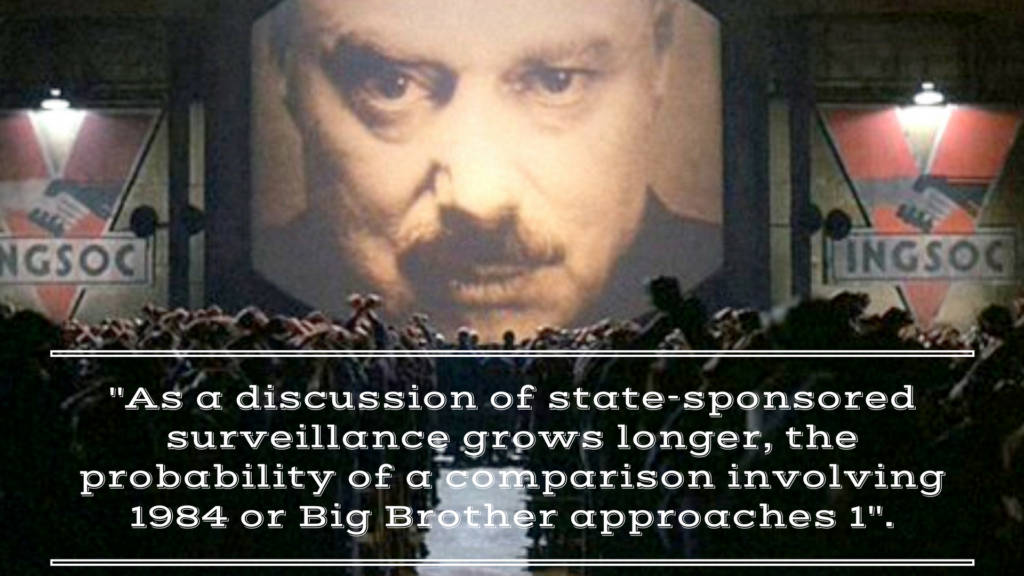The long-awaited film on Edward Snowden’s life was finally released in September after many delays. The movie is directed by Oliver Stone and stars Joseph Gordon-Levitt as Edward Snowden, Shailene Woodley as Lindsay Mills ( Snowden’s significant other), Zachary Quinto as Glenn Greenwald(the journalist who reported Snowden’s leaks.) Perhaps the most memorable performance is by Rhys Ifans, who played Corbin O’Brian, Snowden’s shadowy handler and mentor.
Oliver Stone’s Snowden – How Does it Hold up?
“Snowden” is a great introduction to anyone who’s not all that familiar with the case. The movie strikes a pretty good balance between drama and fact. Oliver Stone shows us not only what Edward Snowden did, but also why he did it. The cinematography is impressive. It’s always an accomplishment for a dialogue driven movie not to get samey. Stone’s direction is always on-point, and the movie remains visually stimulating throughout its runtime.
The film jumps back and fourth through the protagonist’s life. Edward Snowden tells his life story in a hotel room in Hong Kong. His short army service and work on various projects for America’s secret intelligence (the CIA, NSA, and government contractors.) This part of the movie is something of a fictional “making of” documentary for Citizenfour. Edward Snowden is interviewed by Glenn Greenwald and Laura Poitras, while she’s filming her documentary.
Should You Just Watch Citizenfour?
That’s a question that pops up quite often on the Web. Some claim that “Snowden” is a pointless film because most of the information is already available in the Citizenfour documentary. In that regard, the movie is somewhat similar to Frost/Nixon, a dramatization of the TV interviews between David Frost and former United States president Richard Nixon. The question is whether these movies are obsolete because they dramatize events already captured on camera.
The cold lens of the documentary camera sometimes fails to capture the emotions behind the image, while film always misses the facts. That’s why we need both version of the same story. The experience of watching one is only enhanced by the other.
Big Brother is Watching (of course!)

There’s no Goldwyn law for Orwellianism, but there should be. Big Brother has such a presence in modern life that we’ve kind of got used to him.
Unsurprisingly, “Snowden” is full of 1984 references and allegories. The most obvious one is the character of Corbin O’Brian. O’Brien was a character in 1984, who had a similar role to O’Brian in “Snowden.”
A conference call between Edward Snowden and Corbin O’Brian is perhaps the best scene in the movie. O’Brian’s face is projected on a wall, looking directly at the audience, never breaking eye contact. The effect can be quite unnerving while watching the movie in the movie theater. The scene wouldn’t be out of place in a screen adaptation of George Orwell’s prophetic work.
Data Collection – Everything is Connected
The film makes something very clear – intrusive data collection can be bad for everyone, not just criminals. In one scene, Edward Snowden puts tape over his girlfriend’s laptop camera. She rips the tape out, claiming she has nothing to hide. That response would be adequate in a saner world. However, we don’t live in such a world. A laptop camera can be used for name reasons. Here are a few:
- Pictures taken from the laptop’s webcam violate the privacy of your home, even if the laptop is turned off.
- Video evidence can be used to collect relevant information. In the film, Edward Snowden covers his entire laptop with a blanket while he types in his password. Even the number of characters in a password can help hackers.
- The webcam can tell hackers when there’s someone using the computer. That can help them use RAT tools while the computer is turned on but left unattended.
All this information can be used against people in unexpected ways. In “Snowden,” the NSA breaks into people’s homes and spies on them merely to get to targets that are loosely connected. In one monologue, Edward Snowden explains how everything is connected. If you gather information on a suspect, you’re also gathering information on his family, friends, and contacts. This rabbit hole goes so deep since our society is interconnected. That’s why the government spies on everyone. They don’t even know where, why and when to stop.



